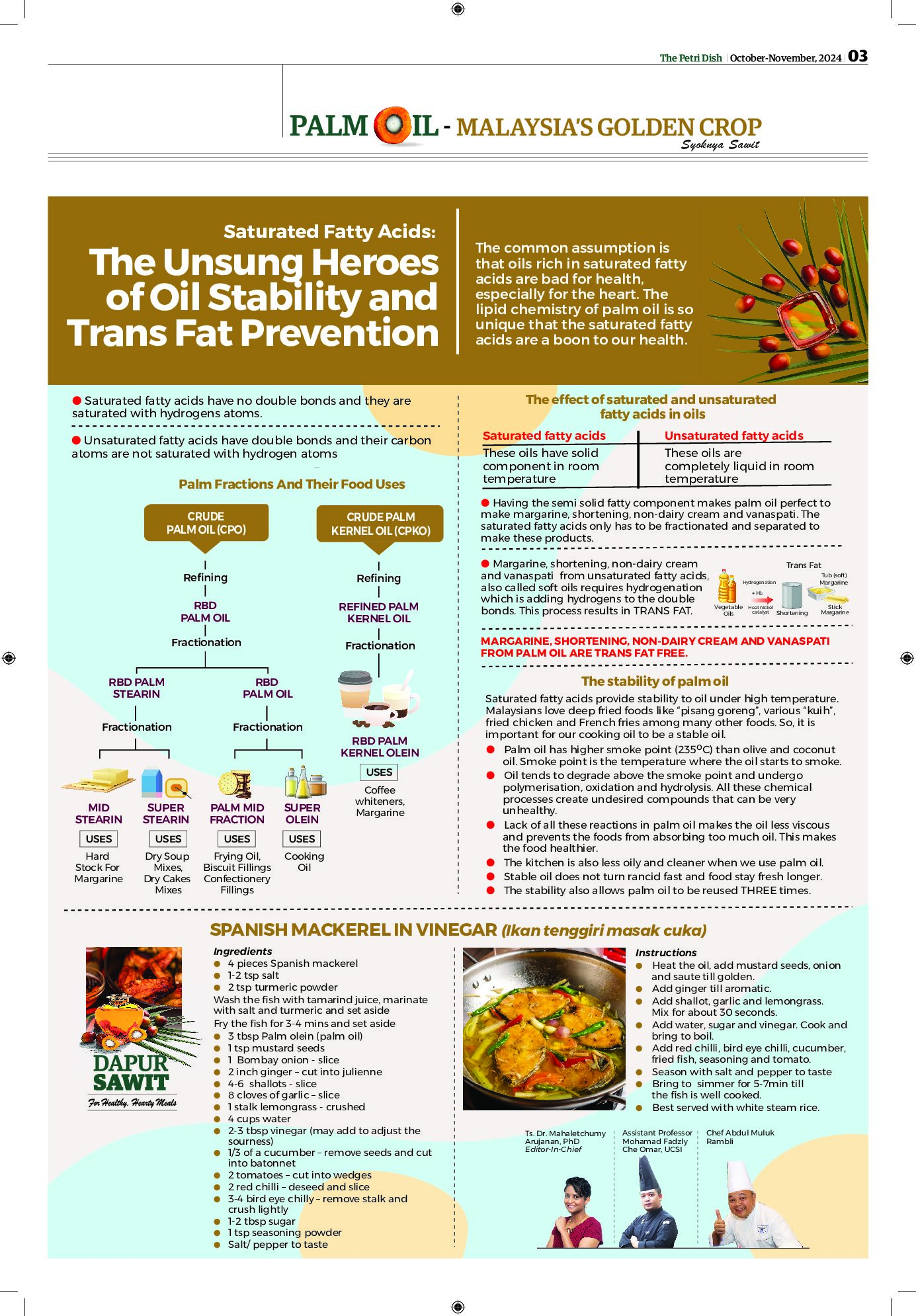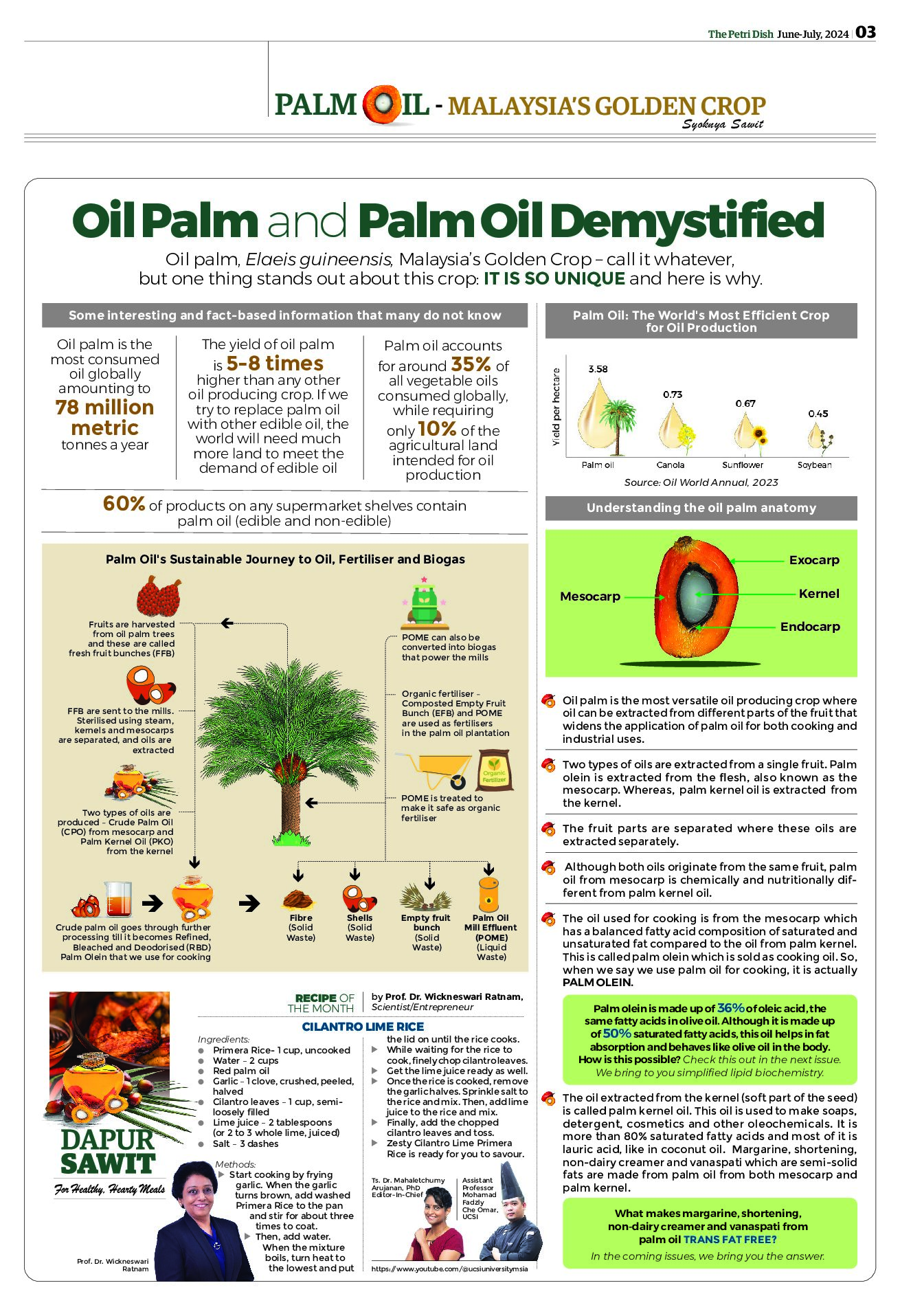SCIENTISTS from the National University of Singapore (NUS) have developed an efficient way to recycle food waste that the country produces. They have genetically engineered Yarrowia lipolytica to convert fats in food waste into butanol.
In 2015, Singapore produced 785,500 tons of food waste in which only 13% was recycled. This prompted the NUS Synthetic Biology for Clinical and Technological Innovation to investigate how to develop a process that could turn waste into something beneficial to the country.
NUS scientists modified the genetic makeup of the Yarrowia lipolytica by inserting another 10 genes into it, resulting in a strain that can produce close to 300,000 tons of butanol from 600,000 tons of food waste.
Butanol production from food waste starts by blending food waste and extracting the fats in it before mixing it with the engineered yeast in a bioreactor. the method has been proven in the laboratory and is set to be tested on a larger scale.










